May 15 2023 - Twitter, Lyft & TikTok

👋Happy Monday friends. We're back, and I'll happily take a week off from earnings madness. Upfronts are this week, and we've got a flurry of tech news across the board. All this and more below –
Quick Take
- It's official, Linda Yaccarino is Twitter's new CEO
- Lyft is definitely for sale
- TikTok is playing offense, even with the impending ban
Linda Yaccarino's appointment as the CEO of Twitter has garnered attention from advertising leaders who believe she can repair relationships with brands and marketers, which have been strained by Elon Musk since he took over in October. Yaccarino's negotiation skills, deep understanding of the ad business, and focus on brand safety and measurement make her a strong candidate to restore trust in Twitter. However, some skeptics argue that Yaccarino's background in TV may not necessarily translate to success in the digital realm.

Lyft CEO David Risher has stated in an interview that the company is "open to offers" for acquisition. This marks a change in tone from Risher, who previously expressed optimism about Lyft's prospects in competing against Uber. Risher took over as CEO in April, leading to speculation that Lyft may be considering a sale. While Risher mentioned that Lyft is open to an acquisition if someone calls, he also clarified that the company is not actively pursuing a sale. Lyft's share price has dropped significantly since its initial public offering in 2019, and it is currently valued at $3.1 billion, compared to Uber's valuation that is 25 times higher. Over the past few years, Lyft has lost market share to Uber, with Uber's investments in food delivery and pandemic driver incentives paying off. Risher initiated a job cut of 26% and aims to invest in competitive pricing, faster pick-up times, and better driver earnings. Additionally, Lyft is planning to shift to a three-day office work policy in an effort to compete with Uber.

TikTok, is facing a lawsuit filed by a former executive who alleges that the company used bots and stole content to artificially inflate engagement on the app. While the claims describe past practices, they add to concerns about TikTok's data security and potential national security risks. The lawsuit specifically mentions content theft from Instagram and Snapchat, the use of bots to boost engagement, and manipulation of content related to Hong Kong protests. ByteDance plans to strongly contest the allegations, stating that the executive worked for a brief period and that the company respects intellectual property.

Meta is testing AI-enabled text and image editing tools within its advertising toolkit. The tools include a copy generator that creates multiple captions from a single product description, an image background generator, and an "outcropping" editor that fills in gaps when a creative asset is resized. Meta aims to integrate AI-enabled features into its products to allow advertisers to test iterations on the fly and personalize messages for different audiences. The company plans to gather feedback from a limited group of advertisers before expanding the tools to a wider audience later this year.
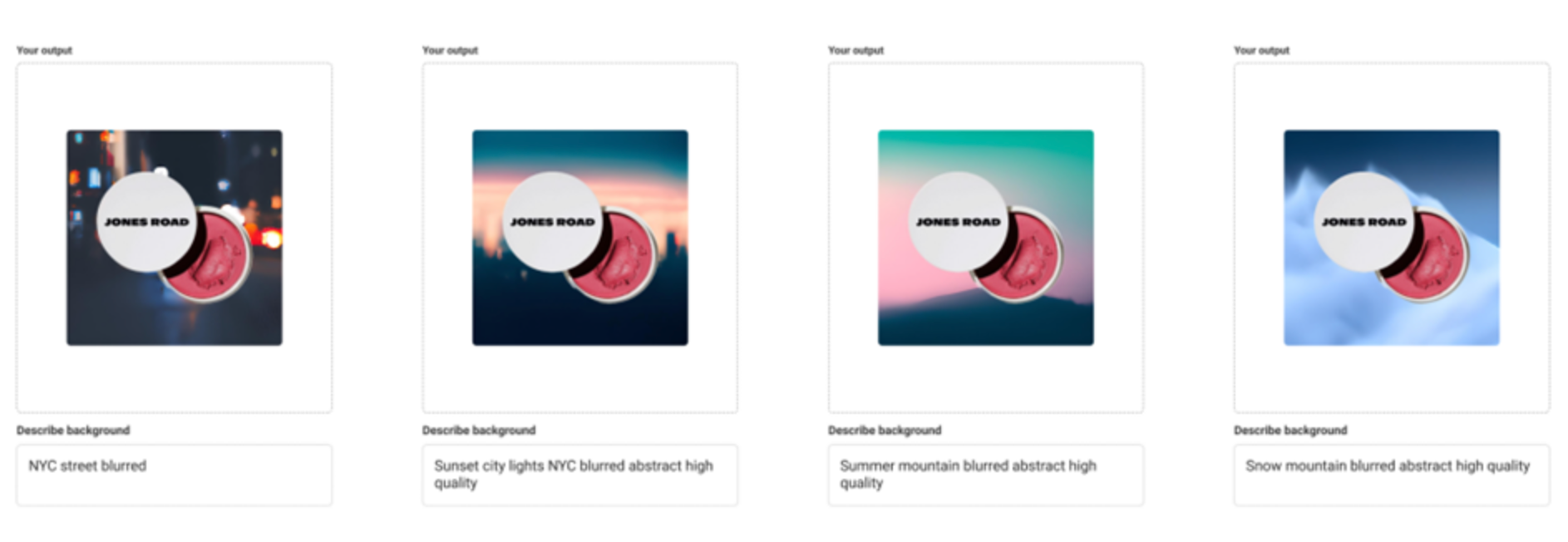
TikTok has introduced a search widget for iPhone users, allowing them to quickly access the search function without opening the app. This move highlights TikTok's focus on positioning itself as a search engine, competing directly with Google's search widget. The platform's emphasis on search aligns with studies showing that a significant portion of young users rely on TikTok and Instagram for searching, rather than using traditional search engines like Google.
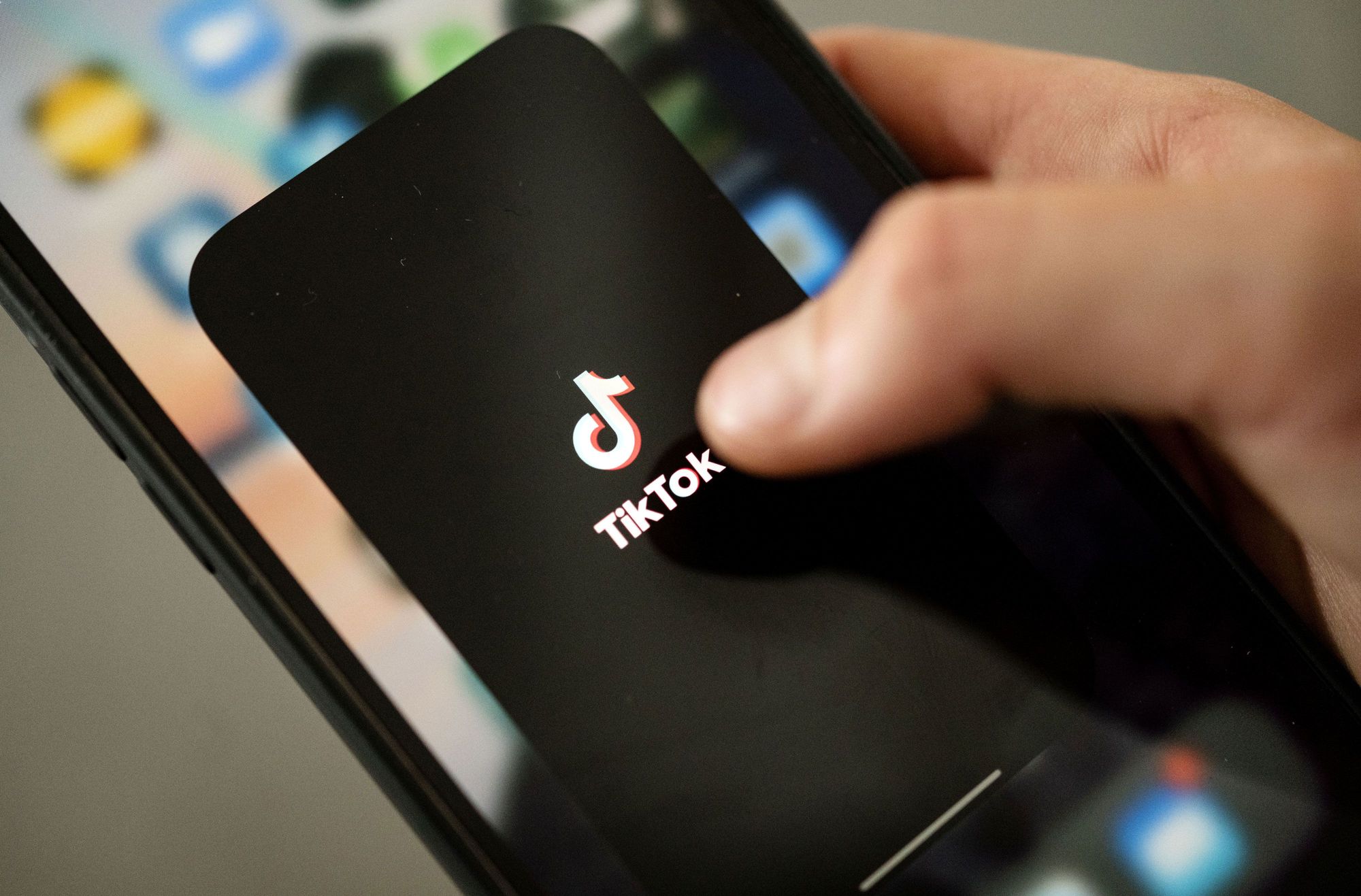
- OpenAI is expanding the capabilities of ChatGPT by introducing plugins, initially available to a limited group, but now being rolled out to ChatGPT Plus users. These plugins enable ChatGPT to access the internet and utilize over 70 third-party plugins, enhancing its functionality as a versatile tool for various tasks. OpenAI's announcement signifies a transition from alpha to beta stage, providing broader access to ChatGPT's extended features.
We’re rolling out web browsing and Plugins to all ChatGPT Plus users over the next week! Moving from alpha to beta, they allow ChatGPT to access the internet and to use 70+ third-party plugins. https://t.co/t4syFUj0fL pic.twitter.com/Mw9FMpKq91
— OpenAI (@OpenAI) May 12, 2023
- The Writers Guild of America has launched a website on its Strike Hub where members are required to report strike breakers. Failure to report suspected "scabs" can result in discipline. The guild's Strike Rule #9 states that members must inform the guild of any writer engaged in strikebreaking activity and provide specific details about the violation. The guild's constitution allows for disciplinary actions, including expulsion, suspension, fines, or censure.
- Amazon is reportedly working on a secret new AI robot project called Burnham, aiming to enhance its existing home robot, Astro. According to internal documents, Burnham would bring conversational and intelligence features to Astro, allowing it to understand and respond intelligently within a household. The upgraded Astro could use large language models to remember and comprehend information, engage in Q&A dialogue, and take appropriate actions. While the project is still in development, Amazon acknowledges the need for further progress before Burnham can be integrated into a consumer product.
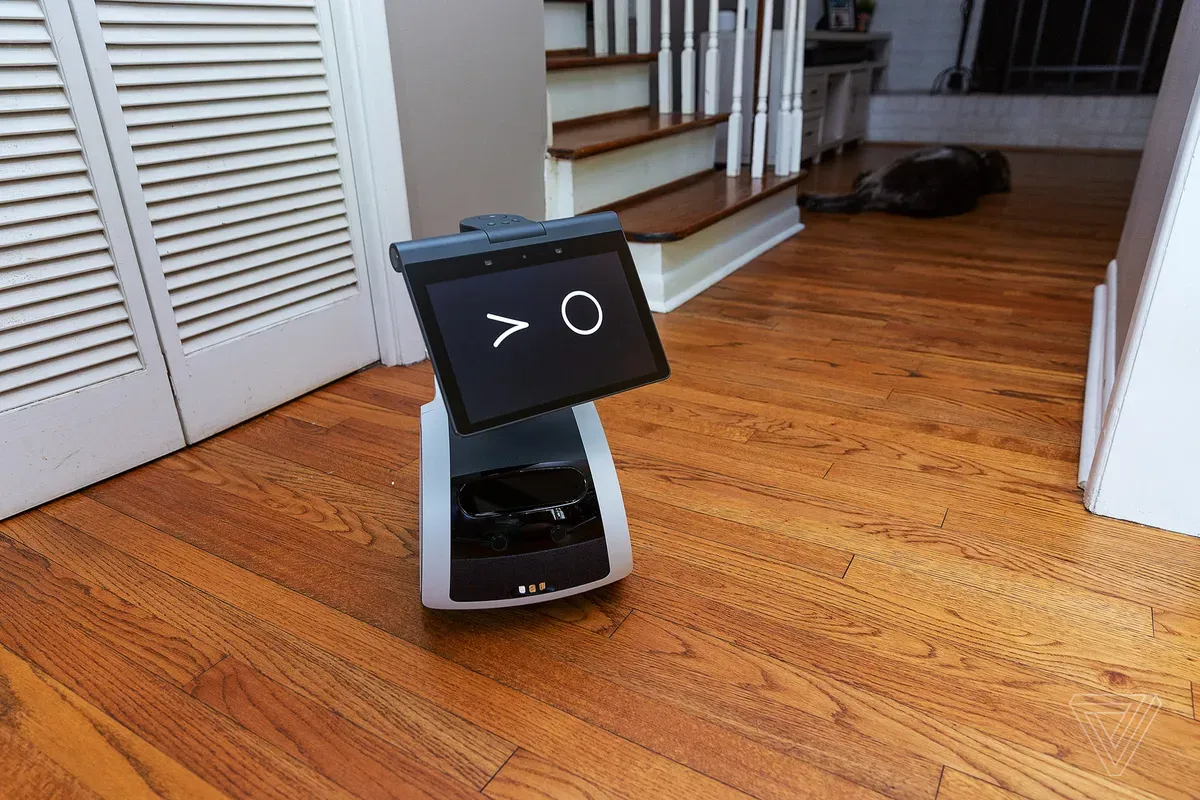
- Tesla is recalling 1.1 million vehicles in China due to a braking and acceleration problem. However, the issue can be addressed with an over-the-air software update rather than requiring physical maintenance. The recall covers all of Tesla's vehicle models and includes both imported and domestically made vehicles. This is the second recall for Tesla in China, which is a crucial market for the company.
- AI startup Anthropic has expanded the context window of its chatbot, Claude, to around 75,000 words, a significant improvement compared to current models. The expanded capacity allows Claude to process an entire novel, such as "The Great Gatsby," in less than a minute. This advancement, based on token count, increases the chatbot's ability to read, summarize, and analyze longer documents quickly.
- Lyft is introducing a new airport pickup feature that allows travelers to pre-order a ride that will be waiting for them as soon as they exit the airport, eliminating the uncertainty and wait time typically associated with finding transportation. The feature also includes syncing with Google and Apple calendars to provide timely reminders for calling a ride based on flight schedules and traffic conditions. The airport pickup feature has been launched at LAX Airport in Los Angeles and Chicago O'Hare Airport, with plans to expand to other airports soon. Lyft aims to enhance the travel experience and reduce anxiety for passengers, especially as more people plan to travel in 2023.
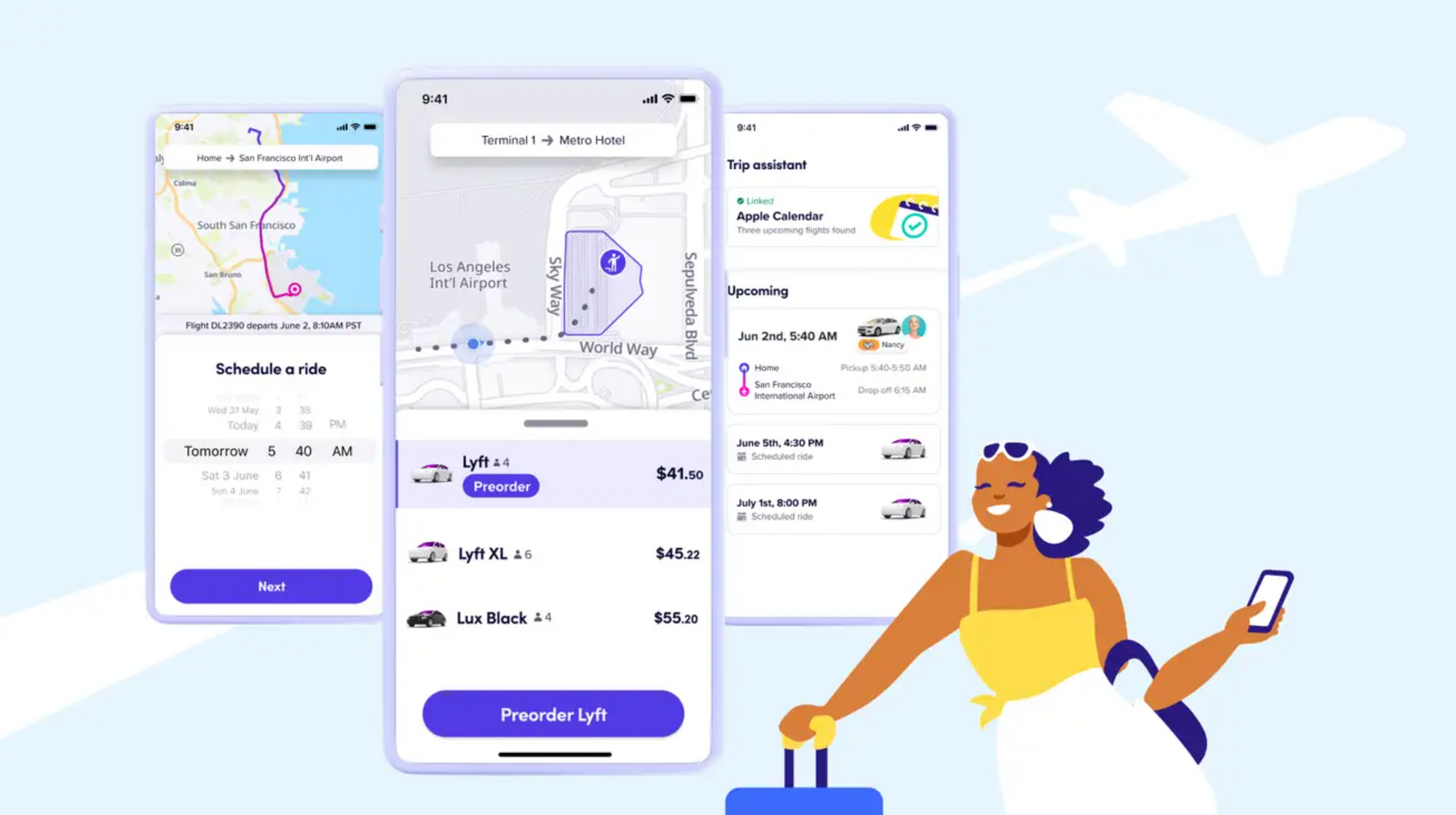
- Netflix is reportedly planning to reduce its spending by $300 million this year. The streaming giant aims to cut costs partly due to the delay in its crackdown on password sharing, which has pushed the expected revenue impact to the second half of the year. While Netflix has urged staff to be cautious with spending, there will be no hiring freeze or additional layoffs. The $300 million reduction represents a small fraction of the company's overall expenses, which totaled around $26 billion last year.
- Autonomous delivery startup Nuro is laying off 30% of its workforce, amounting to approximately 340 employees. The company plans to restructure its operations, focusing more on research and development (R&D) and scaling back commercial operations. Nuro will delay the production of its third-generation delivery robot, the Nuro bot, to extend its capital runway. This is the second round of layoffs for Nuro in less than a year, as the company aims to cut costs and prolong its financial resources.
- Amazon, despite its years of efforts, has only captured a small share of the grocery market, highlighting the challenges it faces. While the company excels in selling groceries online, it still needs a larger physical store presence to truly crack the market. Physical stores accounted for the majority of grocery sales in the US last year, indicating the importance of a brick-and-mortar footprint. To achieve this, Amazon may need to consider acquisitions or partnerships to accelerate its growth.
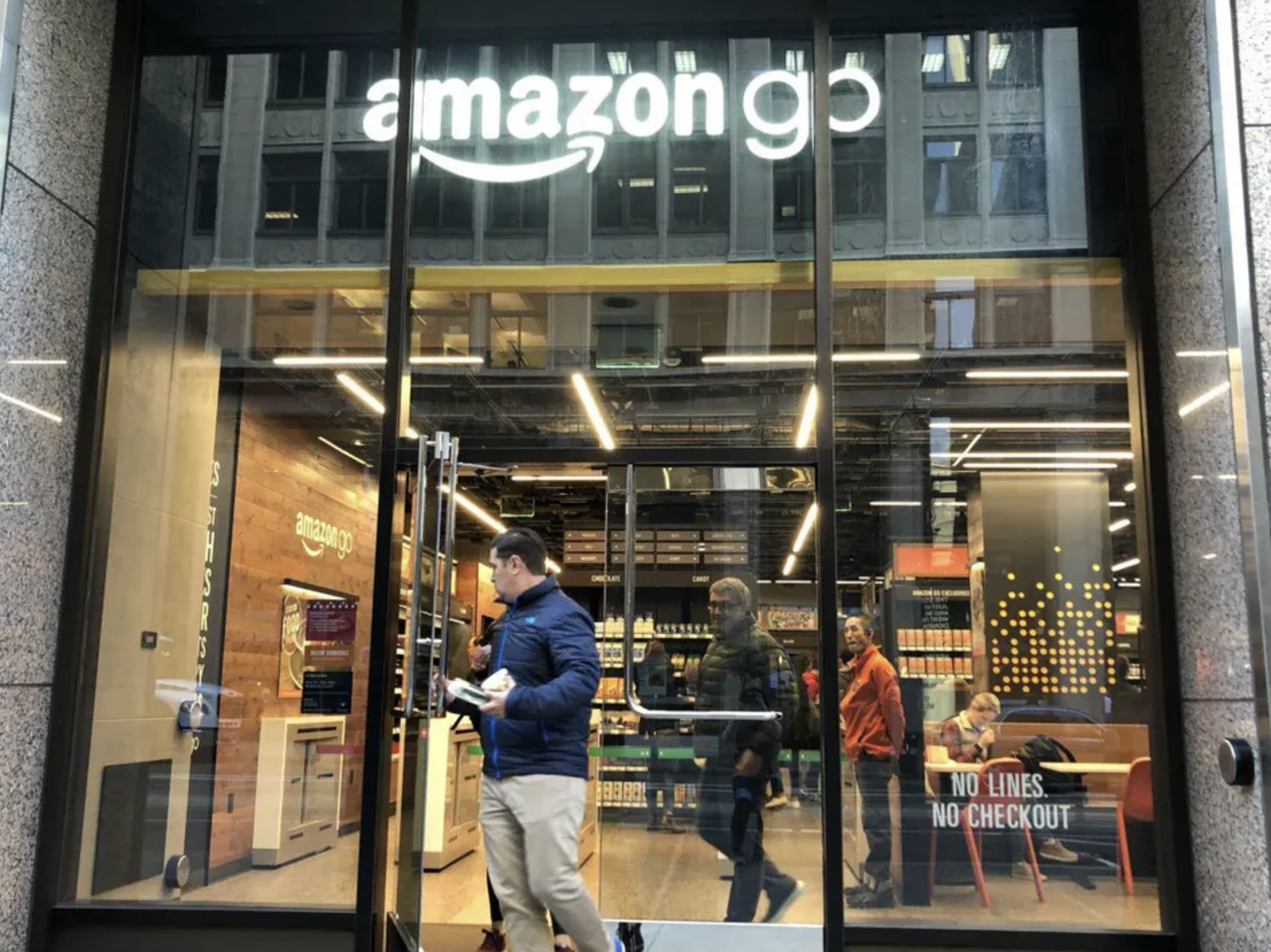
- Google has reached an $8 million settlement with Texas Attorney General Ken Paxton over alleged false advertising of its Google Pixel 4 smartphone. The lawsuit accused Google of airing detailed testimonials for the device on iHeartMedia without providing phones for testing. Paxton stated that Google violated Texas laws against false advertising. Google expressed satisfaction with the resolution, highlighting its commitment to compliance with advertising laws. This is one of several lawsuits Paxton has filed against Google.
- TikTok is reportedly testing exclusive distribution deals with music artists through its SoundOn service. This move aims to reduce the costs of licensing music and potentially compete with major record labels. While ByteDance has not confirmed plans to establish its own label, senior managers have discussed the possibility. The company's expansion into the music business could put it in direct competition with record labels and streaming platforms. ByteDance also plans to launch its music-streaming service, Resso, as TikTok Music in some countries.
- Frédéric Arnault, CEO of TAG Heuer and son of LVMH's CEO Bernard Arnault, aims to transform the Swiss watchmaker. Following his father's strategy of expanding luxury brands to include middle-class consumers, Arnault plans to offer both high-end and entry-level timepieces to attract a wide range of customers. TAG Heuer is focusing on opening stand-alone stores worldwide, particularly in China, where the brand's sales are currently less than 10% of its competitors. Arnault aims to create a museum-like experience in TAG Heuer stores to enhance the brand's storytelling. By exercising strict control over retail and leveraging LVMH's power, Arnault intends to secure prime locations for the brand's stores. The marketing efforts of TAG Heuer include promoting its racing history through Formula One sponsorships and launching new watch models.
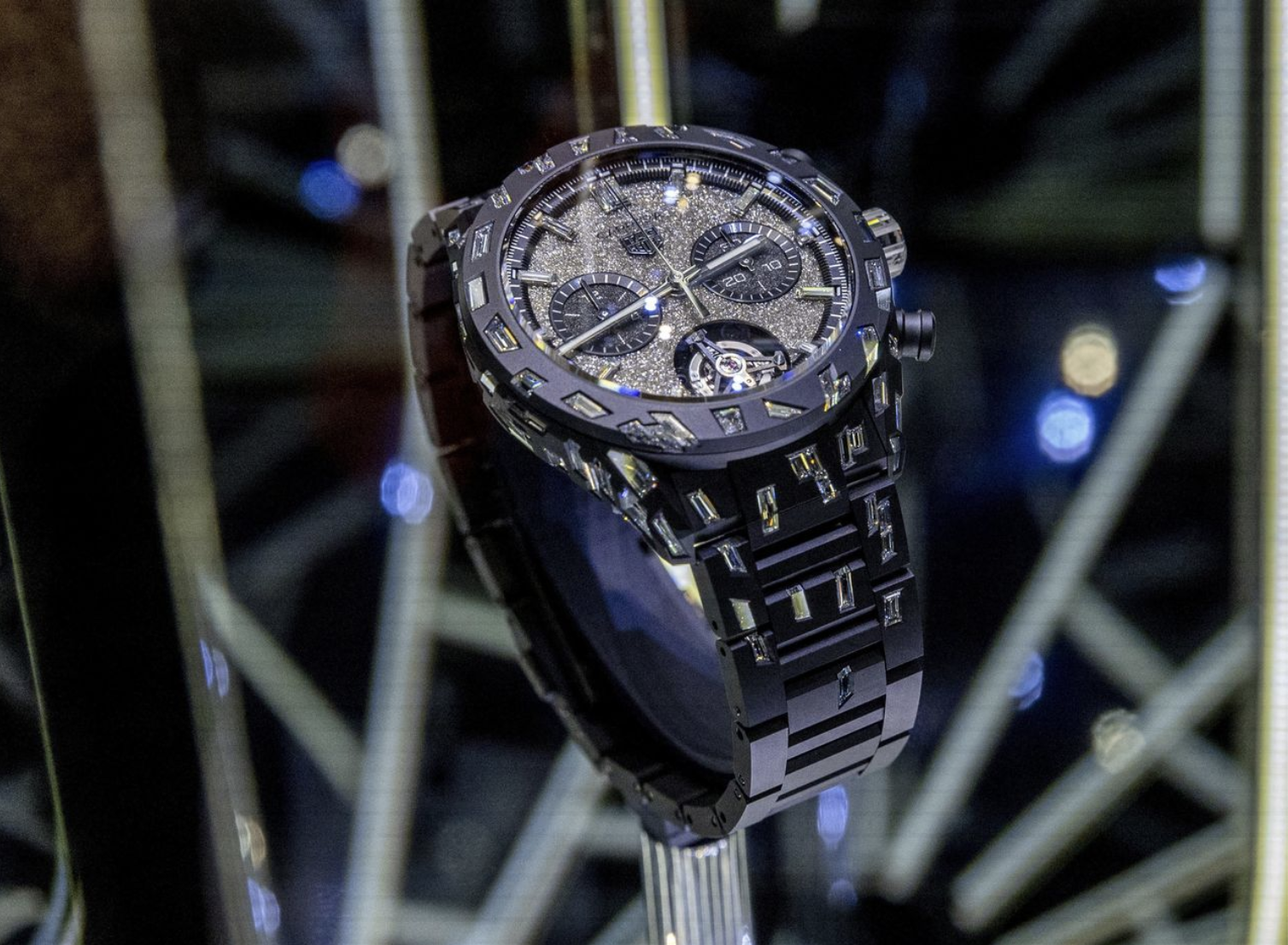
- Google hinted at its I/O 2023 conference that Samsung's Android-powered AR/VR headset will be launched later this year. Samsung has reportedly built prototypes of the headset and is testing production, with samples expected to be shipped to developers this year. The headset is expected to run on an Android-based operating system. Google is also said to be working on its own headset, codenamed Project Iris, which is slated for launch in 2024 and runs a variant of the Android operating system.
- Eurovision final draws largest UK TV audience in its history

- Oculus founder says Apple's headset is 'so good'
- Brian Chesky: I want Airbnb to become a physical social network
- DiGiorno Taps TikTok Influencers to Create Music Soundtracks About its Pizza
- Plunging Tax Revenue Accelerates Debt-Ceiling Deadline
- PHD US CEO Catherine Sullivan to step down
- Microsoft Loop and the Future of Collaborative Experiences
- AI voice synthesising is being hailed as the future of video games – but at what cost?
- ESPN Releases AR Mini Games to Enhance Its Digital Hockey Show
- L’Oréal Garnier Uses AR to Promote New Product in the Nordics
- Why Does Upfront Week Still Exist?
- Instagram and Facebook Are Using Fears of a TikTok Ban to Poach Influencers
- You Can Finally Edit Your WhatsApp Messages
- Apple Begins Testing Speedy M3 Chips as It Pursues Mac Comeback
- 28-year-old Tech Billionaire to Acquire Majority Stake in Forbes
- LA, Miami and Dallas stake their claim in the US art market
- Paramount+ Recreated the Frosty Palace Diner From ‘Grease’ to Promote Its New Series
- I got to play the new VR Skater demo – and I'm officially obsessed
- Brian Chesky: Ability to hire from anywhere is more valuable than in-office work

As always, send us feedback at: thebrandtrackers@gmail.com
Member discussion